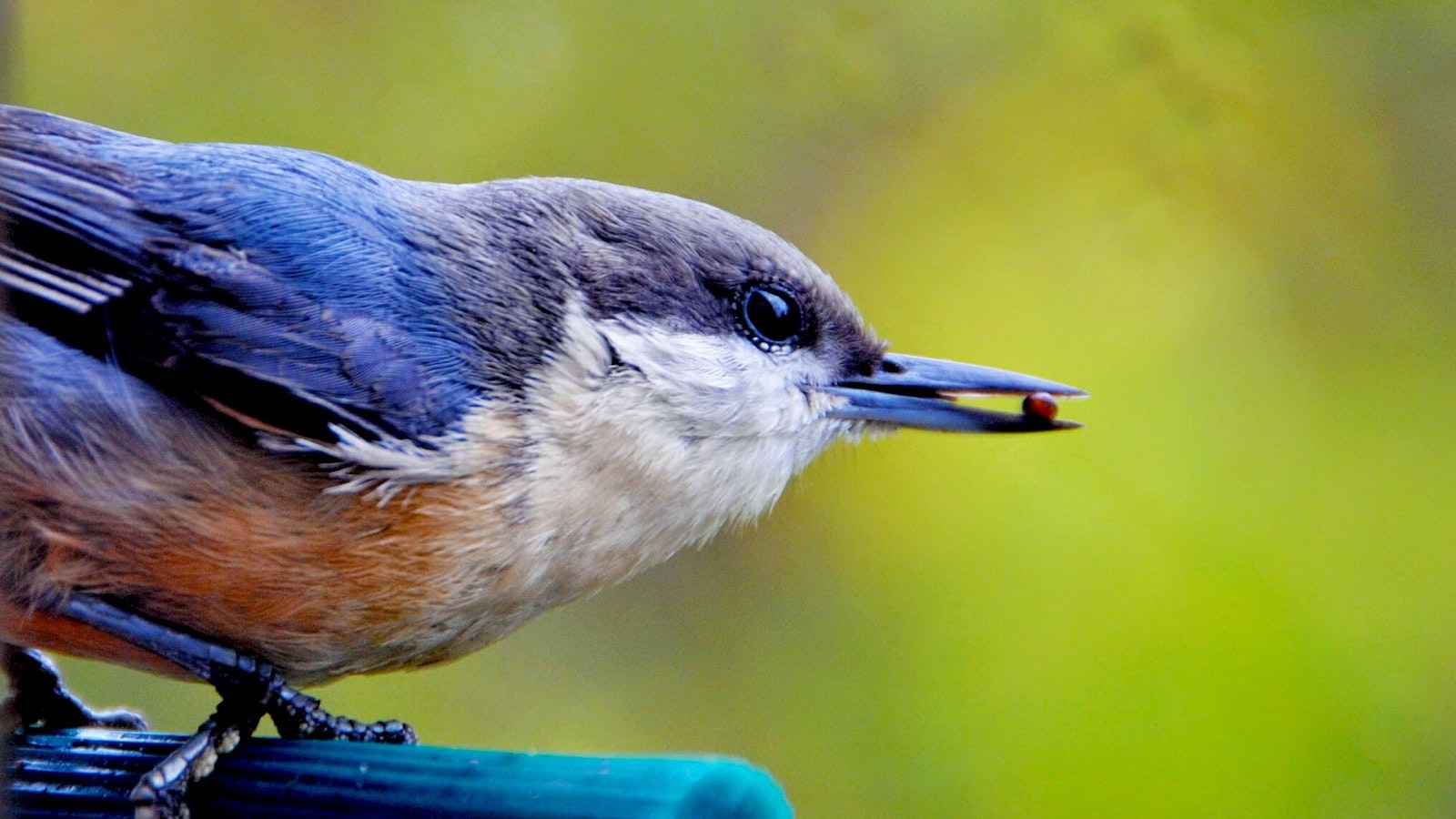
EPA report says pesticides endanger wildlife
An EPA report found that commonly used pesticides are threatening 80% of the country’s endangered species.
The unnecessary use of pesticides is harming ecosystems and threatening our health.
If you’re lucky, you might see a summer’s field buzzing with bees or a flock of monarch butterflies undertaking their annual migration. But our country’s overuse of toxic pesticides is making such sights less common as it makes much of our country’s environment toxic. Seeping far beyond the initially treated zones, these pesticides are infiltrating our soil, water systems and food chains. Together, we can put our country on a safer path free of pesticides.
An EPA report found that commonly used pesticides are threatening 80% of the country’s endangered species.
TAKE ACTION
Want to learn more about the toxic impacts pesticides are having on our ecosystems and wildlife?
Thinking of planting a pesticide-free garden? This guide will help you create a pollinator haven free of neonicotinoids and other unwanted pesticides.
A regulatory loophole has allowed seeds coated with neonicotinoid pesticides to fly under the Environmental Protection Agency’s radar — with dangerous consequences for America’s birds and pollinators.
Pesticides and habitat loss are damaging bee populations, but you can help protect bees and other pollinators from the comfort of your home with these easy actions
The past year brought new hope for our planet — but there’s so much more to do to protect our forests, climate, wildlife and more.
Senior Director, Conservation America Campaign, Environment America
Managing Director, Frontier Group; Senior Vice President, The Public Interest Network
